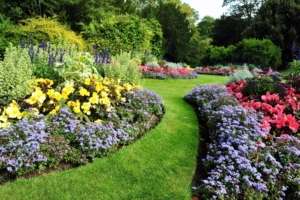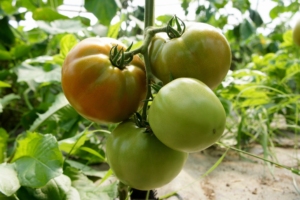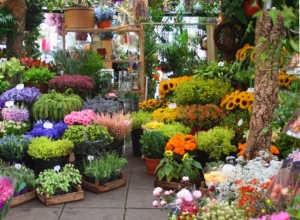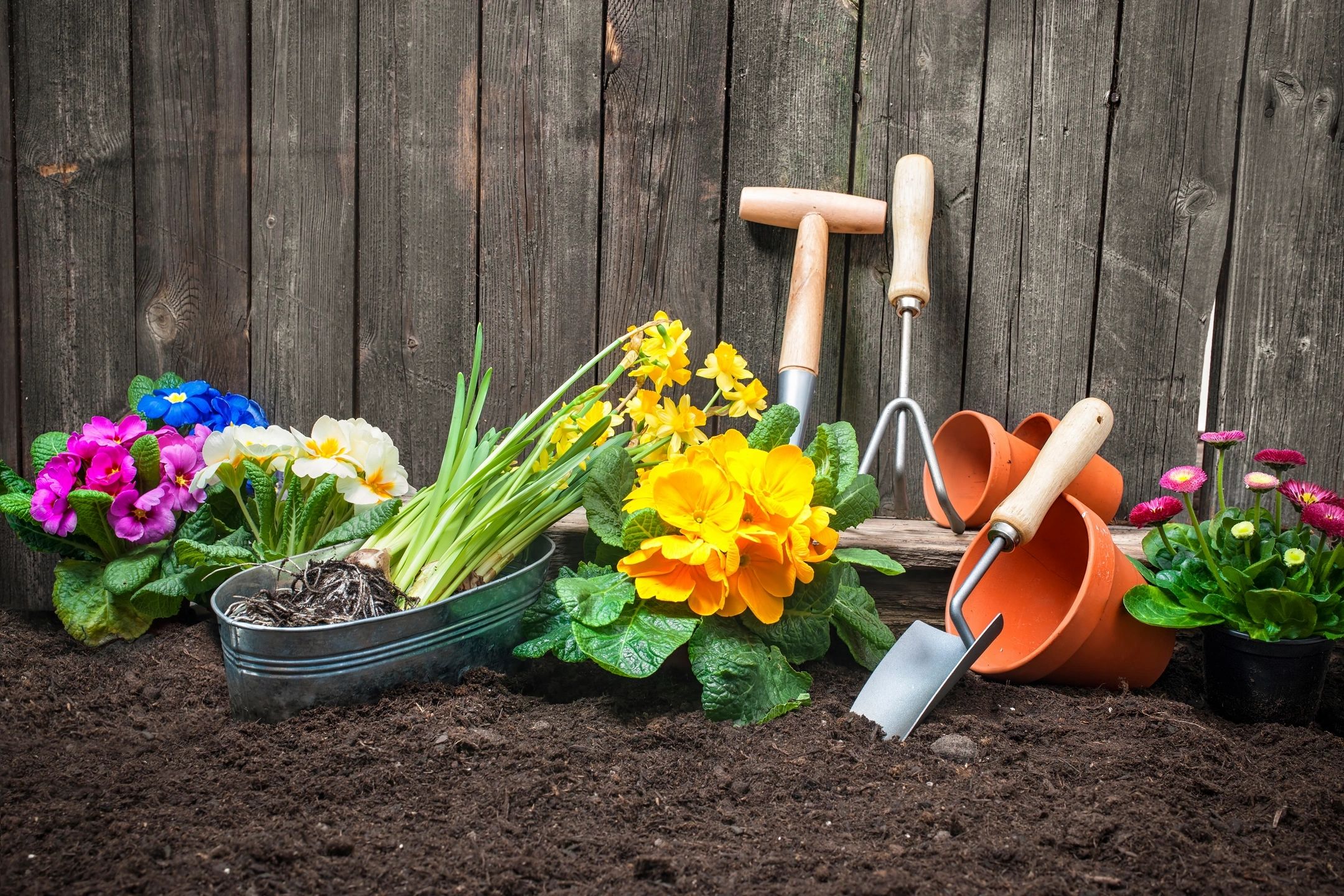Based on your part of the country, summer gardening can be tough. You can face a variety of seasonal issues, including drought, plant availability, and rain levels, but summer planting is a great way to give your garden a head start before the first freeze of the year. This regional guide will detail how to navigate potential problems so you can have the summer garden of your dreams—no matter where you are in the U. S

Texas: If you live in Texas, it’s especially important to know what plants to stick to when planting in summer. According to Plant TAGG, plants like peppers, tomatoes, and okra thrive in the heat. Another thing to consider is making sure your garden consistently gets enough sunlight, water, and compost for a successful yield. Read more about Texas planting guides at Plant TAGG.

Florida: The University of Florida’s seasonal guide recommends sweet potatoes, southern peas, cherry tomatoes, and okra. Additionally, cassava or Malabar spinach also do well in the hot and humid weather. However, if you want to give your garden a break these months, the soil solarization process kills nematodes, weeds, and other harmful pests with heat from the sun. Learn more about this process here.
Midwest Planting Guide: For Midwest gardeners, one tip is to continue deadheading (removing faded flowers) to encourage future blooms, according to Better Homes & Gardens. Summer gardening here involves lots of monitoring and maintenance—replenish mulch, feed plants fertilizer, and water consistently. Did you know that container gardens can need watering as often as twice a day?

Northeast Planting Guide: According to Gardening Know How, June is when summer planting is at its best in the Northeast United States. This is a good time to start perennials and biennials from seed along with window boxes, hanging baskets, and quick start annuals (zinnias, marigolds, sunflowers)—just make sure their bed is protected from too much sun. By July, all you’ll have to do is keep on weeding and deadheading the garden.


